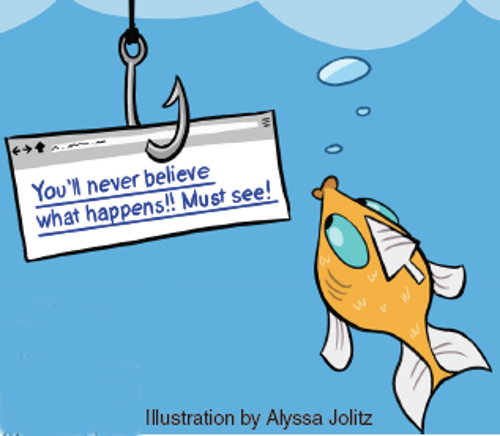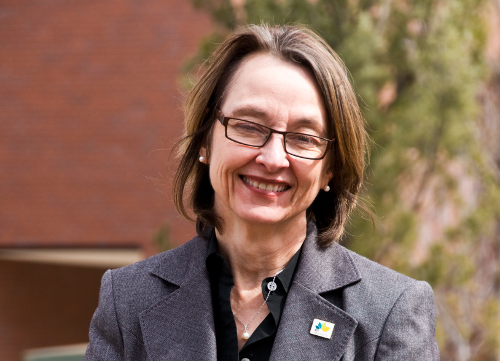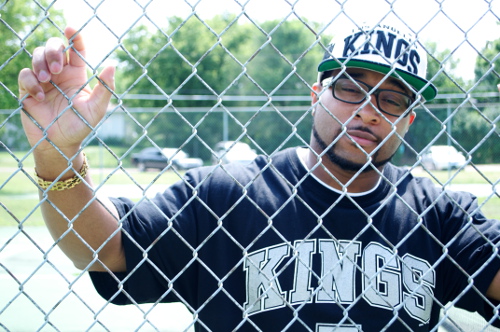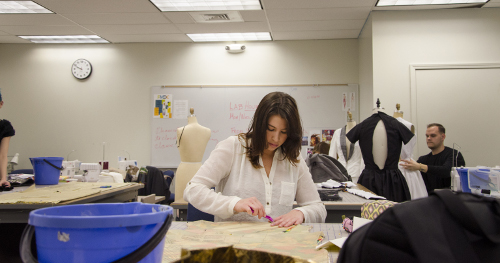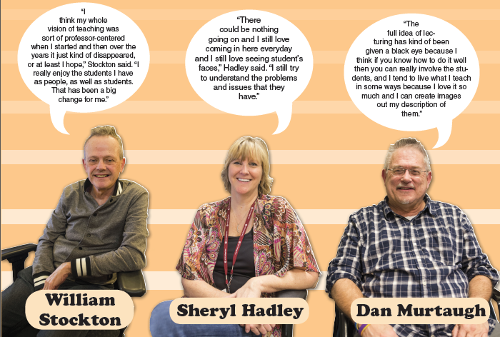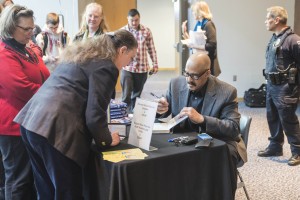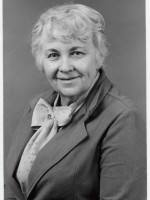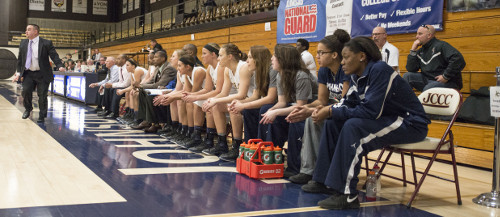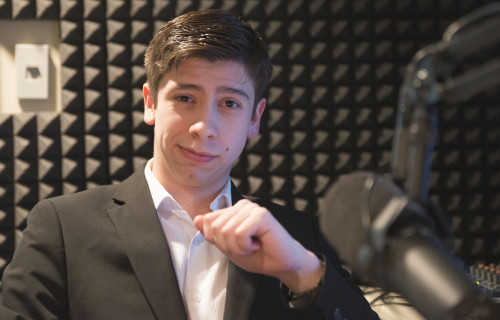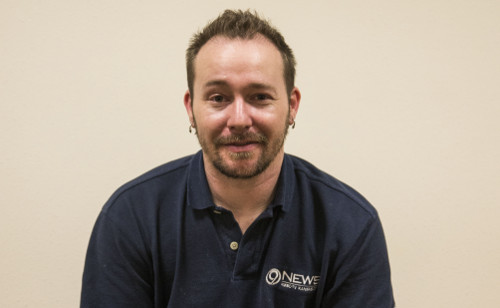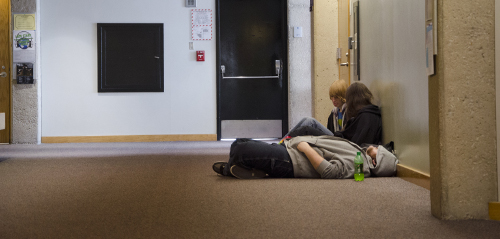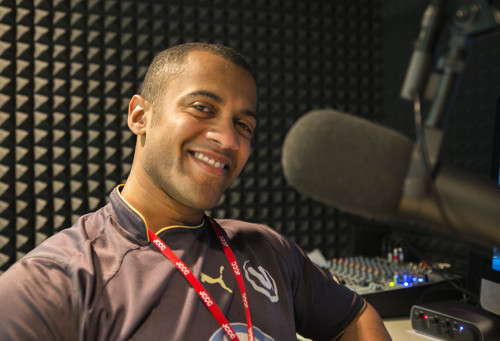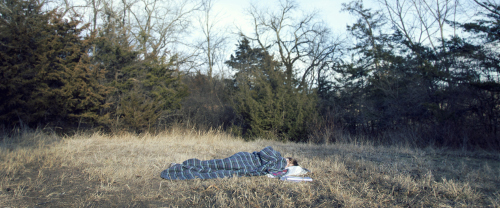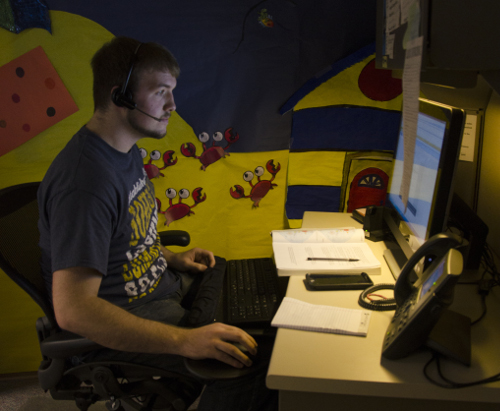JCCC will host the tournament for two more years
By Jessica Skaggs
For the first time in 10 years, JCCC is hosting the NJCAA division II women’s basketball tournament.
In 2004, JCCC agreed to host it because the school that had been contracted, decided to back out.
“When we did it for the one year, we did it kind of just as a quick fix,” said tournament coordinator Pam Vassar (assistant dean of Student Life). “We got really positive comments on how the tournament was handled and on the facilities. We have a great campus so we got a lot of positive feedback and when they started looking for another place to host it, we were an obvious one for them to come back to.”
For the last three years, the tournament has been held at Indiana Central.
“We’ve had a desire host it for many years and it became available,” tournament coordinator Carl Heinrich (assistant dean of Athletics) said. “They kind of like to move it around, just change the venue as much as possible. Illinois Central did a great job, and was ready to give it up, and they’ll probably come back after we host it and rebid it.”
Another benefit to having the tournament in Overland Park is the close proximity to KCI, as other schools didn’t have any easily accessible airports.
“It’s kind of the best of both worlds locating in such a place that if you need to drive, then you’re right in the center of the country if you’re coming from the East Coast or the West Coast,” said Vassar. “If you choose to fly you have an airport that brings you right here.”
Hosting a tournament of this size will cost the college, but will also generate revenue for the Overland Park economy.
“To run a tournament like this is probably going to be $25,000 at least,” Heinrich said. “You get some of that back, [but] it’s hard to put dollars and cents together. It’ll boost the local economy, […] just in hotels it’s probably going to be close to $200,000 for the city and the community. And then you throw the food on top of that, and everything else that they would spend. So I think it’s realistic to say probably a quarter of a million dollar impact on the community for a week.”
Justin Stine, director of the Overland Park Sports Alliance for the city’s Convention and Visitors Bureau, is excited for future event opportunities that could come as a result of the tournament.
“This sporting event has potential for creating additional opportunities for Overland Park to host future regional and national events through NJCAA, as well as other sports organizations,” Stine said. “By showing that our city can successfully host an event of this caliber will attract the attention of other organizers around the country who may not be familiar with what Overland Park can offer.”
After months of preparation and communicating with teams and coaches across the country, Heinrich and Vassar are looking forward to not only showcase JCCC, but to also showcase the athletic ability of junior college athletes for the next two years.
“What we’re looking for is to put together a really great event for these student athletes because they deserve it,” Vassar said. “They deserve a really quality event. And we want them to have it.”
Contact Jessica Skaggs, managing editor, at jskaggs4@jccc.edu.
























